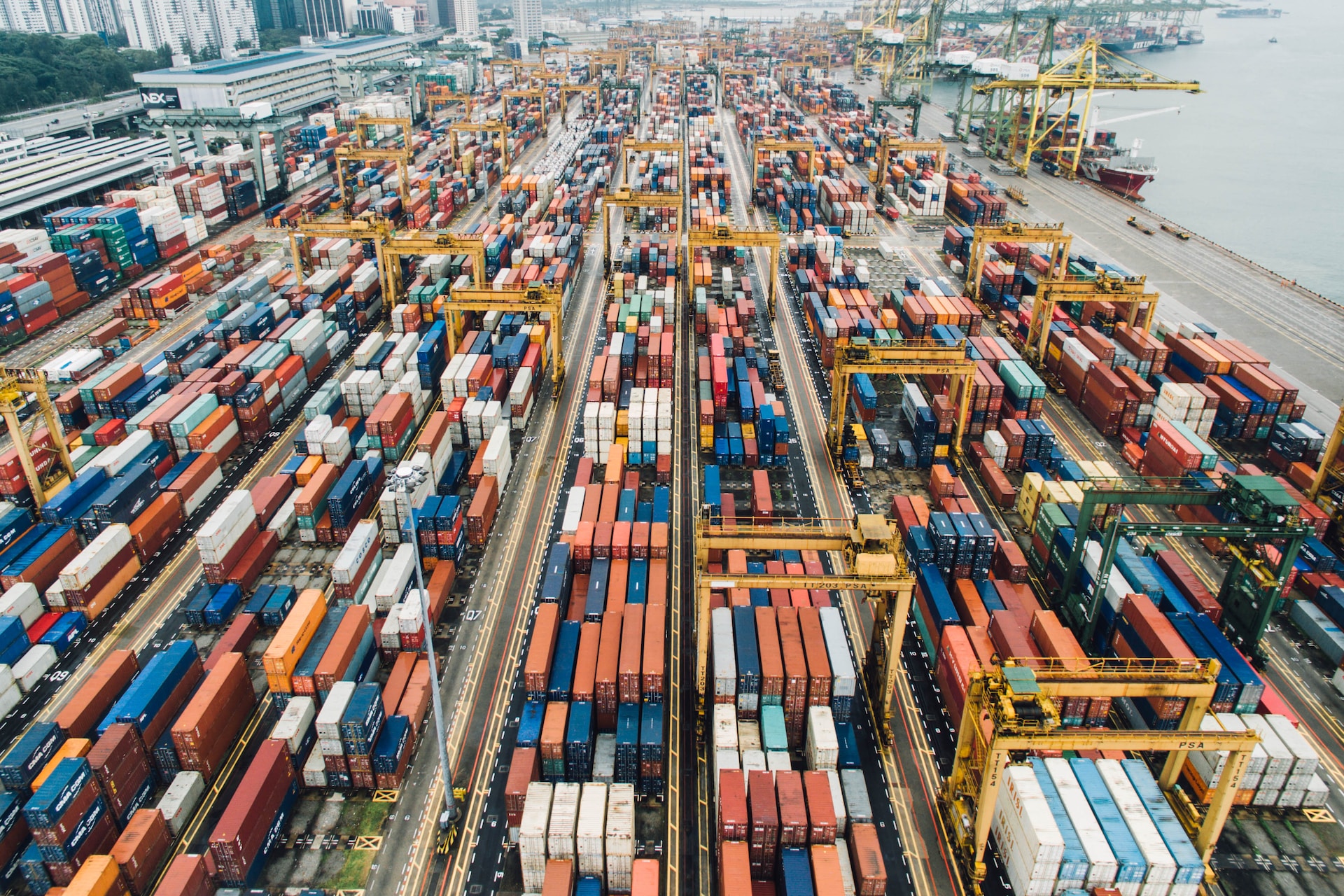Supply chain managers have traditionally struggled with visibility into the location of products and assets. Real-time transportation visibility (RTTV) is already a reality for many supply chain managers, thanks to the advancement of new technology. By giving insight into the location of commodities, fleet utilisation, and driver performance, RTTV may assist global supply chains in lowering ETA logistical solutions & costs.
Editor’s Note:
Sensors and tracking systems installed on cars, containers, and other assets make RTTV feasible. These devices provide data to supply chain management software, which then processes it to offer real-time insight into the position of the products.
With all of the end to end supply chain planning interruptions in mind, transparency and efficient supply chain management are more important than ever.
The ability to monitor freight in real-time, whether by land, sea, road, or rail, with a single platform that gives up-to-date ETA is essential for businesses to prepare better. It may reduce wait times and delays and allow for early detection and resolution of issues.
RTTV has several advantages for both end to end supply chain planning management and ETA logistical solutions companies.
For example, RTTV may assist in the following:
- Lower the cost of products supplied
- Increase customer satisfaction
- Improve operational efficiency
- Cut time spent on administrative chores
Let's talk some more...
What precisely is transportation visibility?
Transportation visibility in 2022 refers to monitoring the real-time location and condition of cargo shipments to predict delays, coordinating logistics to minimise demurrage and detention costs, and enhancing the dependability of an organisation's demand planning in supply chain. Previously, transportation visibility was accomplished using track-and-trace or passive loggers and check calls. Today, however, traditional tracking techniques are deemed wasteful and obsolete.
How Can Trackers and Real-Time Visibility Assist?
According to IBM Insights with Watson data, 87% of Chief Supply Chain Officers asked to believe it is difficult to foresee and manage disruptions. However, real-time container monitoring makes forecasting and reacting to supply chain issues much more feasible. For example, if a firm believes that a particular product it has delivered may be defective due to mismanagement, BCOs, shippers, or freight forwarders might cancel the impacted shipments or take other mitigating measures.
For a real-world illustration of how real-time container monitoring enables organisations to react better to demand planning in supply chain challenges and interruptions, look no further than the Pfizer-BioNTech COVID-19 vaccine shipments. Vaccine vials must be transported from minus-80 to minus-60 degrees Fahrenheit. Failure to respond when a load of vaccine vials goes outside this permissible range may result in wasting millions of dollars of goods or, worse, the loss of human lives.
These are two instances of how real-time visibility helps businesses improve the resilience and agility of their supply networks. The ability to predict difficulties before they occur via real-time container monitoring gives a corporation significantly more alternatives for dealing with such issues than if they had to react after the fact. As a consequence, the supply chain is far more flexible and adaptive. Meanwhile, by designing a supply chain that is as agile and responsive as possible, businesses may increase the dependability of their supply chain during these difficult times.
The Open Visibility Network's Role in Attracting More Participants
One irrefutable reality regarding global supply chain visibility is that it is almost hard for a single visibility provider to meet all of a customer's visibility requirements, mainly when those requirements include several modes of transportation, such as the ocean, air, and trucking. It is why Cozentus, a worldwide pioneer in real-time supply chain management software development company, was instrumental in establishing the Open Visibility Network (OVN).
Bottom Line
The Open Visibility Network gives enterprises worldwide the tools and services they need to tackle today's supply chain difficulties by making transportation visibility more accessible than ever before.
Recent Post
Subscribe to our newsletter
Stay updated on latest trends and news in the supply chain and logistics industry







